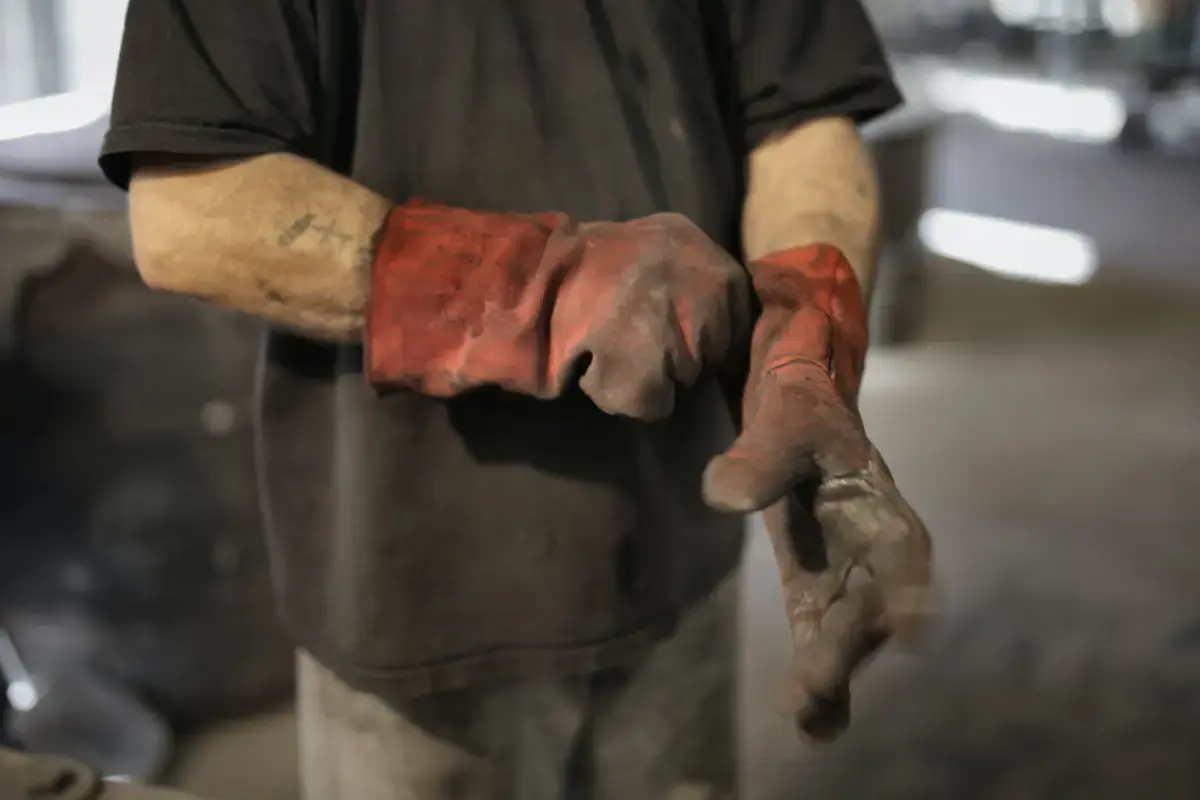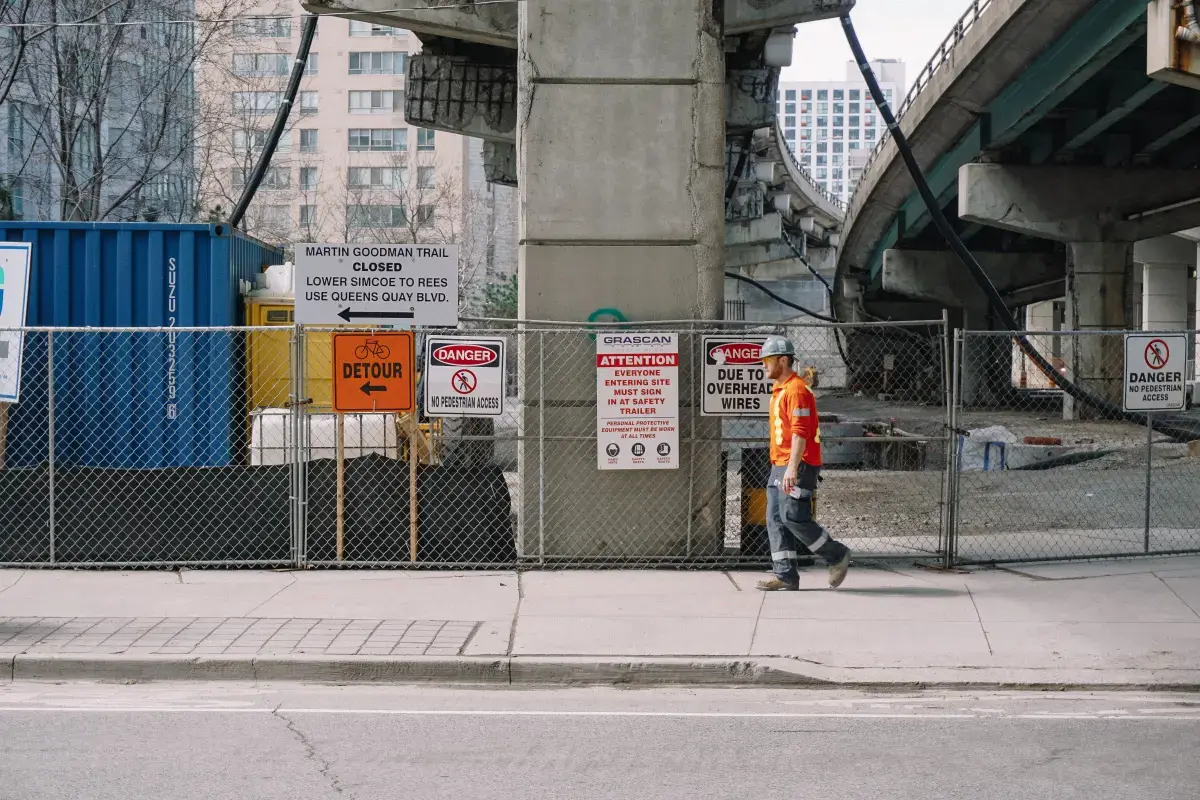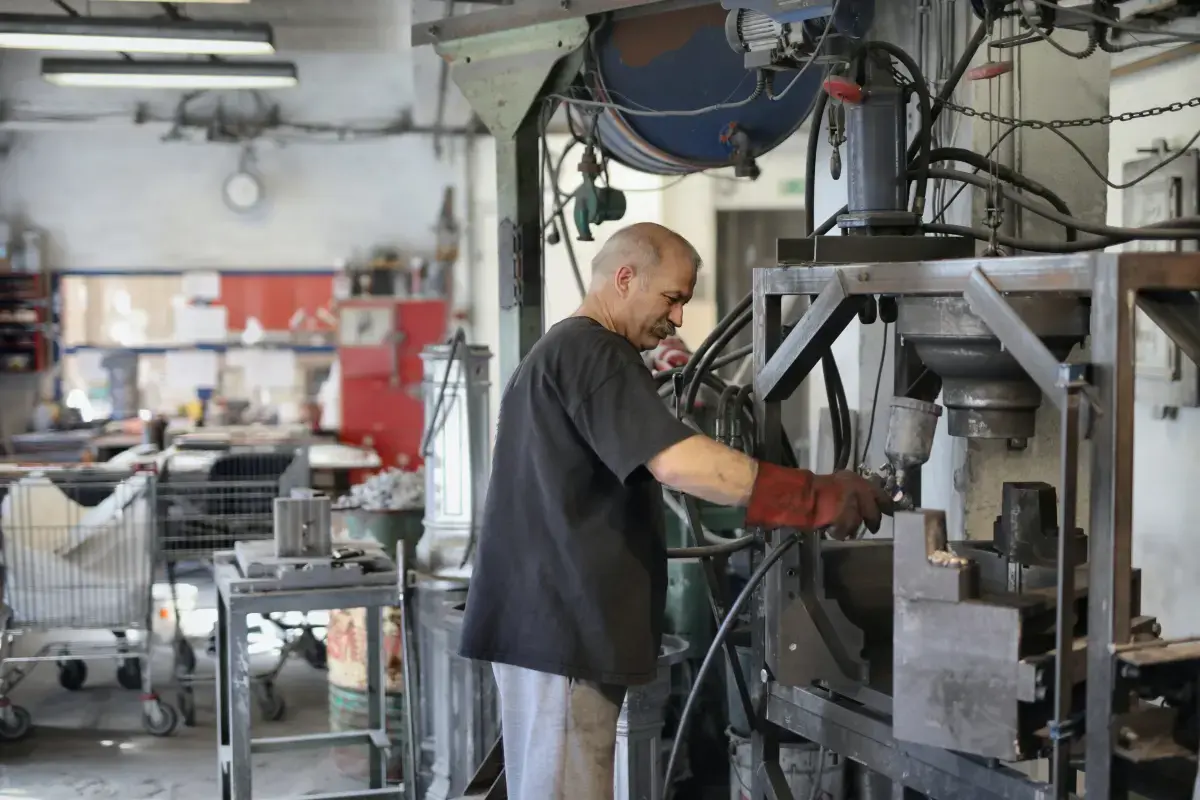
General Labourer Job Description
What is a General Labourer Professional?
A labourer is someone who does manual work, typically involving physical effort. Labourers are employed in a variety of industries, including construction, manufacturing and agriculture. The type of work that a labourer does will depend on their industry and employer. In general, however, the duties of a labourer involve performing tasks that require little skills or training. These tasks may include lifting heavy objects, digging holes, cleaning up debris and moving materials from one location to another. Labourers typically work long hours for relatively low wages. Due to the nature of their work, they are often exposed to dangerous conditions and can be at risk of suffering serious injuries if they are not careful.

What does a General Labourer Expert do?
The vast majority of labourers are employed in the construction industry, where they perform various tasks such as excavating foundations, mixing concrete and carrying materials. Other common industries for labourers include manufacturing, warehousing and agriculture. In addition to performing physical labour, some labourers may also be responsible for keeping worksites clean and organized or providing assistance to tradespeople such as carpenters or plumbers

What are the Skills of a General Labourer?
They should be physically fit and able to lift heavy objects. They should also have good hand-eye coordination so that they can use tools efficiently. Experience of using power tools would be an advantage. Being able to follow instructions accurately is important, as errors could lead to accidents or injuries on site . The ability to work well as part of a team is essential , as most projects require teamwork . Finally , being punctual and reliable are key attributes for any employee , but especially those working in labour -intensive industries . A labourer is someone who performs physical work in various industries, such as construction, manufacturing and agriculture. Labourers typically do not have skilled trades training or qualifications, but some may possess basic skillset acquired through on-the-job experience or short courses. The nature of the work performed by a labourer can vary considerably between different industries; however there are some common duties and tasks associated with being a labourer which remain relatively constant regardless of sector.

What makes an Expert General Labourer?
These include: loading and unloading materials; using tools to perform manual tasks such as digging holes or breaking up concrete; performing general maintenance duties such as fixing leaks or cleaning equipment; setting up temporary accommodation for workers on site (such as toilets and showers); assisting tradespersons with their work (e.g. holding planks of wood steady while they nail them together). Even within specific industry sectors, the type of labouring work required can differ greatly from one job to another - for example, agricultural labourers may be involved in activities such feeding livestock, crop harvesting or fencing repair while construction labourers could be found doing demolition work one day then painting walls the next. Due to this varied workload it is important that potential candidates for positions understand what will be expected of them before applying for any jobs.. In order to become a successful labourer it is important to have certain personal qualities and attributes which will enable you thrive in this physically demanding role. Some key characteristics that employers look for when recruiting workers include: good levels of fitness so you can complete your shifts without tiring easily; manual dexterity including coordination Skills needed proficiency in handling small hand tools safely ; Being able To Lift Heavy Objects Repeatedly Throughout The Day As Part Of Your Role strong enough ability handle weights ranging anywhere from 2 kilograms 5+ kilograms depending on the task at hand analytical thinker so solve problems methodically achieve objectives in an efficient manner . Employers also value team players who are willing cooperate fellow employees carry out assigned tasks rather than those try take shortcuts cut corners .When working long hours often hot dusty conditions , It Is Important Be Able Remain Motivated At All Times Persevere Despite Setbacks Or Difficulties Throw Yourself Into New Challenges Eager Learn More Improve Personal Skill Levels Along way adaptable quickly deal changes situation schedule

What level of Experience & Qualifications are required to be a General Labourer?
Industry Experience: • Demonstrate experience in a labour or construction related field. • Ability to read and understand blueprints, schematics and other technical documents. Training: • Complete safety courses such as OSHA 30-Hour Construction Training, Hazardous Materials Awareness/Handling Certification, Confined Space Entry Certification etc. Qualifications: • Knowledge of the tools used for various manual labour tasks (e.g., shovels, jackhammers). • Physical strength and endurance needed to perform arduous physical activities such as lifting heavy objects over long periods of time without experiencing fatigue or pain. Education: • High school diploma or equivalent is required; some employers may require postsecondary education or certification in specific trades (e.g., plumbing) depending on the job requirements

What is the Salary of a General Labourer?
A labourers salary expectations can vary greatly depending on the type of job and experience level. For junior or entry-level labourers, salaries typically range from minimum wage to around $15 per hour. As the position becomes more specialized or senior, wages may increase up to around $20-$25 an hour for experienced workers. Additionally, in certain industries such as oil and gas exploration, construction trades and mining where labour is especially valuable due to a shortage of skilled workers, wages may be even higher than this with potential earnings ranging between $30-$50 per hour for some highly sought after skillsets. Other factors that will influence salary levels include geographical location (e.g., rural vs urban areas), unionization status, availability of overtime work opportunities etc..

What are the Working Conditions for a General Labourer?
The general working conditions for a laborer can vary greatly depending on the job, though typically they involve physical labor and are often strenuous. Laborers usually work outdoors in all kinds of weather, performing tasks such as digging ditches or trenches, loading and unloading heavy materials, constructing buildings or roads using hand tools like shovels and picks, operating machinery to move dirt or other materials around construction sites, erecting scaffolding for high-rise buildings or bridges. Depending on what kind of project is being worked on laborers may also be required to use hazardous chemicals and substances. Working hours will depend largely upon the employer but generally range from 8 - 10 hours per day with overtime available during peak times/seasons . Laborers must pay attention to safety protocols while working; wearing protective clothing (such as hard hats) where necessary. They should also take regular breaks throughout the day so that their bodies remain safe from injury due to overwork.

What are the roles and responsibilities of a General Labourer?
Cleaning and preparing construction sites.
Loading and unloading materials and equipment.
Building and taking down scaffolding and temporary structures.
Digging trenches, compacting earth and backfilling holes.
Operating and tending machinery and heavy equipment.
Following instructions from supervisors and implementing construction plans.
Assisting skilled tradespeople in their duties.
Operate and maintain equipment used for construction projects.
Inspect work sites to identify hazards and recommend measures to correct them.
Measure, mark, cut, bend or tie rebar according to blueprints or instructions from supervisors.
Signal equipment operators to facilitate alignment, movement or insertion of materials.
Loading and unloading materials
Digging trenches
Erecting scaffolding
clearing debris
minor demolition work
Taking measurements
Laying bricks
Mixing cement
tarring roads
repairing roads
cleaning gutters
Building fences
Gardening
mowing lawns
planting trees and flowers
painting buildings and rooms inside homes
removing snow from driveways and sidewalks
hanging drywall
patching holes in walls
sanding rough edges

Where can I find General Labourer jobs?
- Create a profile on gigexchange and promote your General Labourer skills to advertise you are Open to New Work Opportunities
- Ensure your Resume (or CV), or online work profile is up to date and represents your skills and experience. Ensure your reputation reflects your ability & attitude.
- Apply for General Labourer Jobs advertised on gigexchange.
- Practise General Labourer interview techniques to ensure you represent your personality and ability succinctly and confidently.
- Accept the job offer if the salary meets your expectations and the employer mission and purpose reflects your core values.
Jobs
What are the best job boards for Laborer jobs?

How can I hire General Labourer staff online for my business?
The best job board for recruiting General Labourer experts is gigexchange.com. Advertise full-time, part-time or contract jobs to find, hire & recruit trusted, experienced and talented General Labourer candidates near you.

Are General Labourer roles in demand in 2026?
General Labourer experts are still in high demand in 2026. If you are an experienced General Labourer or looking to train and become one. The job market is looking strong for General Labourer jobs near me.